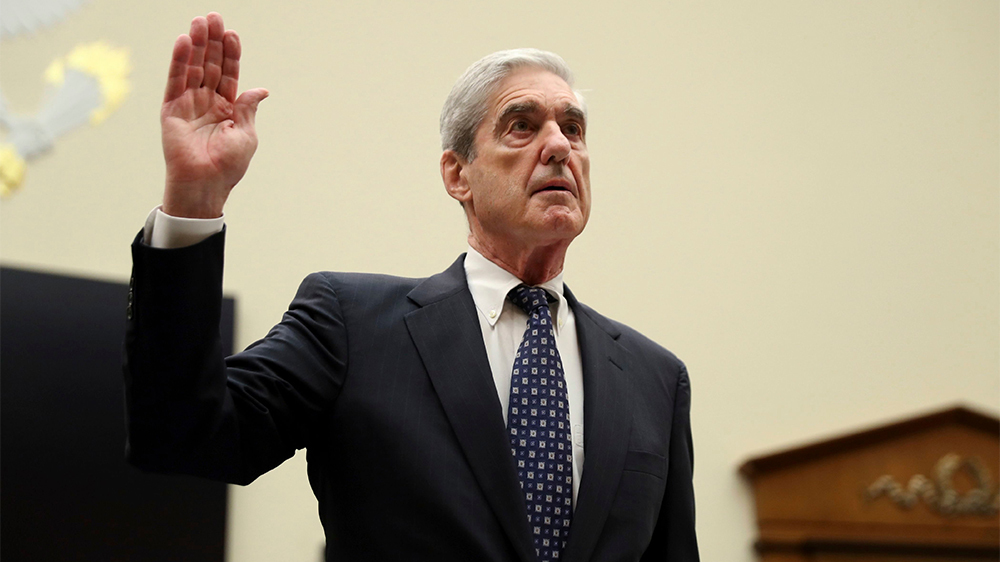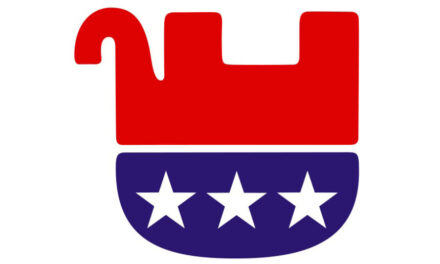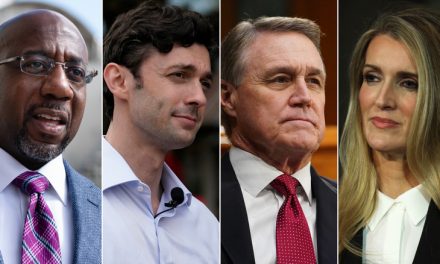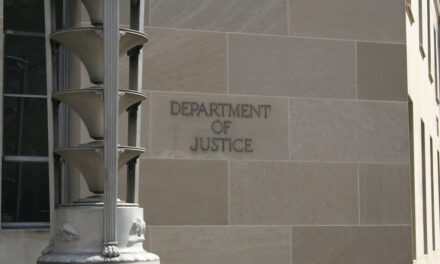Image Credits: ANDREW HARNIK/AP/SHUTTERSTOCK.
What I learned from watching seven hours of Robert Mueller’s testimony before Congress on Wednesday had absolutely nothing to do with the factual matters of the Russia investigation. I’m not sure I learned a single new thing on that score.
Instead, I learned that Mueller is lamentably beginning to show his age and that’s he’s probably the worst Deep State coup leader in the history of the genre. I’m generally skeptical of intelligence and law enforcement agencies, and that includes the American variety. But, in this case, they had reasons of both patriotism and basic self-preservation for wanting to deliver the goods. Mueller failed the entire intelligence community as well as the country.
He said himself, in his report (Volume II, p.171), that Congress has the Constitutional authority to “criminalize certain obstructive conduct by the president, including suborning perjury, intimidating witnesses, or fabricating evidence…” He concluded (Volume II, p.176) that “Congress clearly has authority to protect its own legislative functions against corrupt efforts designed to impede legitimate fact-gathering and lawmaking efforts.” He wrote (Volume II, p.177 ) that “Congress has the authority to impose the limited restrictions…on the President’s official conduct to protect the integrity of important functions of other branches of government,” including the proper functioning of grand juries.
But, more importantly, he decided that Congress is the only authority that has the power to hold the president to account while he is serving in office. He reemphasized this in his brief press appearance in May when he said, “The Constitution requires a process other than the criminal justice system to formally accuse a sitting president of wrongdoing.”
During his appearance before the Judiciary Committee on Wednesday, Rep. Veronica Escobar of Texas tried to get Mueller to expand on this point.
ESCOBAR: Director Mueller, at your May 29, 2019 press conference, you explained that, quote, “the [OLC] opinion says that the Constitution requires a process other than the criminal justice system to formally accuse a sitting President of wrongdoing”, end quote. That process other than the criminal justice system for accusing a President of wrongdoing, is that impeachment?
MUELLER: I’m not going to comment on that.
ESCOBAR: In your report, you also wrote that you did not want to quote “potentially preempt constitutional processes for addressing presidential misconduct,” end quote. For the non-lawyers in the room, what did you mean by “potentially preempt constitutional processes”?
MUELLER: I’m not going to try to explain that.
ESCOBAR: That actually is coming from page one, Volume II—in the footnote is the reference to this. What are those constitutional processes?
MUELLER: I think I heard you mention at least one.
One has to ask what Mueller is trying to accomplish by being coy about this. He’s clear about several things. In Volume II, p.2 of his report, he writes that the president’s conduct “presents difficult issues” that preclude him from being cleared of criminal conduct.
…if we had confidence after a thorough investigation of the facts that the President clearly did not commit obstruction of justice, we would so state. Based on the facts and the applicable legal standards, however, we are unable to reach that judgment. The evidence we obtained about the President’s actions and intent presents difficult issues that prevent us from conclusively determining that no criminal conduct occurred. Accordingly, while this report does not conclude that the President committed a crime, it also does not exonerate him.
He acknowledges that Congress is the proper body to address that criminal conduct. In his testimony on Wednesday, he said that the Russians had so far not been deterred from interfering in our elections in the future and that “they’re doing it as we sit here.” When questioned by Intelligence Committee chairman Adam Schiff of California, Mueller said that knowingly accepting campaign assistance from a foreign power was “unpatriotic” and “wrong.” When asked if Donald Trump’s embrace of WikiLeaks was problematic, he stated, “Problematic is an understatement in terms of what it displays in terms of giving some, I don’t know, hope or some boost to what is and should be illegal activity.”
Given all of this, he ought not stand in the way of giving Congress that the kind of information and momentum they need to actually do something to protect the country and the integrity of our elections. And, yet, there he was refusing to concede the most obvious thing in the world, which is that Congress was asking him to help them act on his report for the benefit and security of the nation. He couldn’t even engage in that conversation or let the word “impeachment” escape from his lips.
Quite aside from this making his entire investigation a pointless exercise, it also allows Trump to continue to gut the intelligence and law enforcement agencies of the government. Mueller insisted that his investigation had not been a witch hunt and that his conclusions were not “fake news.” He repeatedly agreed that he had not exonerated the president. He agreed that Jeff Sessions had properly recused himself, that James Comey had been fired under suspicious circumstances, and that the president had ordered him to be fired as well, and yet these attacks on the FBI, Justice Department, and his own office will now go unanswered as Trump moves to complete his purge by replacing Dan Coats as the director of National Intelligence.
While Mueller stumbled over his answers and hid behind a lot of bullshit to defend his non-responsiveness to countless questions from both sides, the Republic goes up in flames. The president is above the law and our country is left bereft of professional intelligence leadership and wide open to more foreign attacks on our elections.
This isn’t just a failure for our nation, but it’s also a repeat of Mueller’s experience in Vietnam. Mueller fought gallantly in that conflict, winning a truly impressive number of commendations. But what was the result in the end, but total humiliation and disaster?
Nonetheless, after Vietnam, Mueller prospered and the country eventually recovered. That’s is unlikely to be true this time. He was so worried about protecting his reputation that he ruined it without fulfilling his mission and protecting the rest of us.







